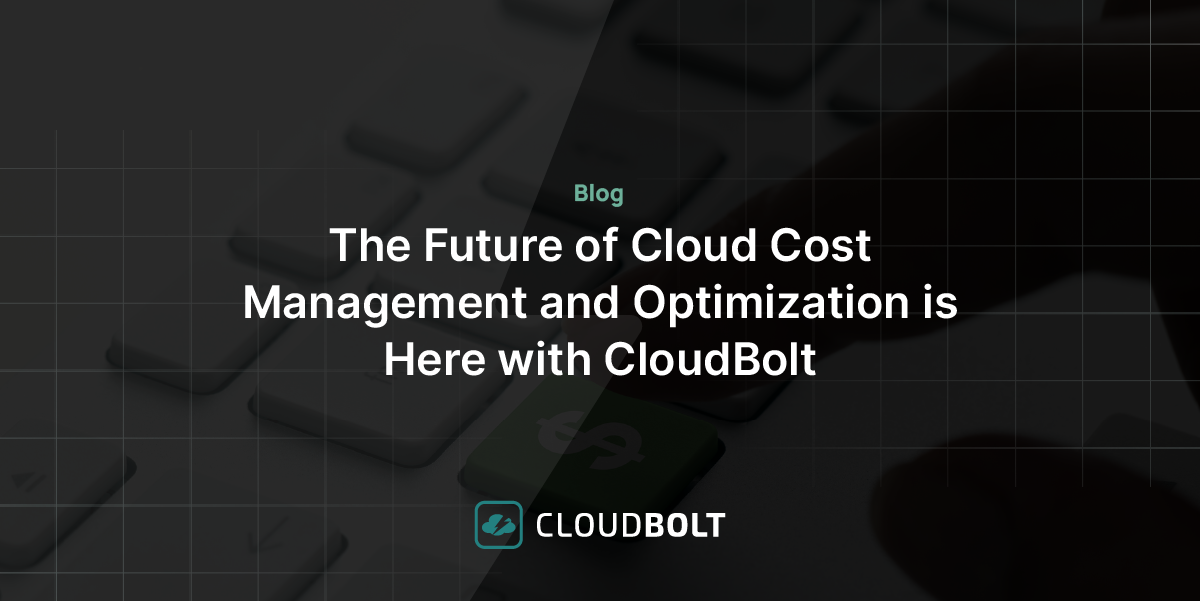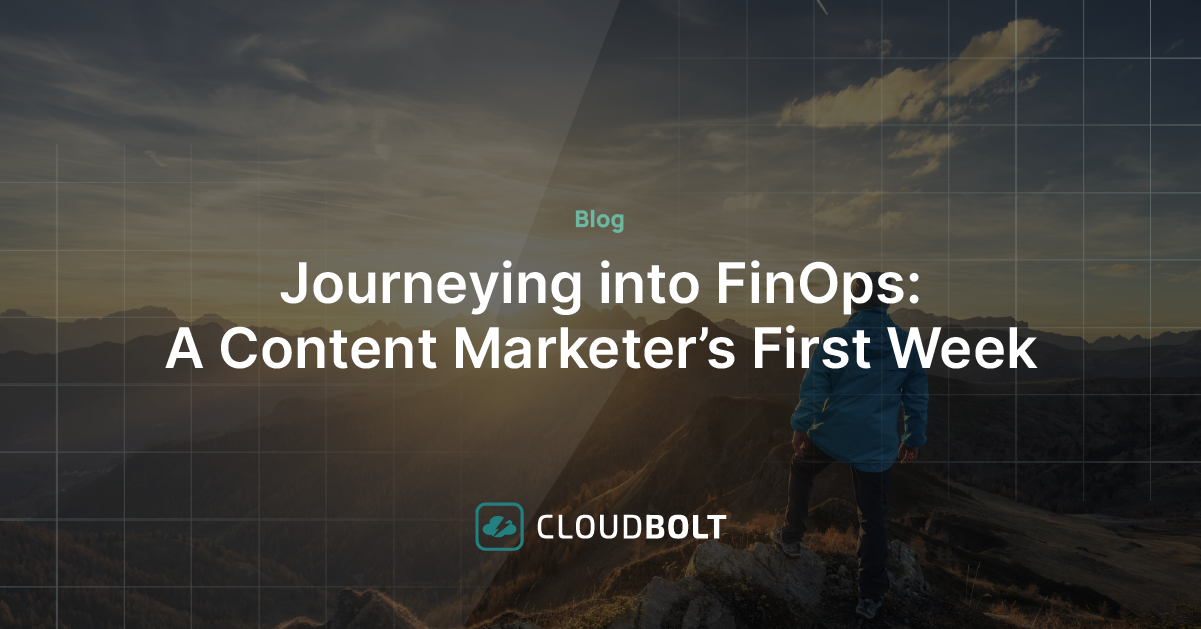Weekly CloudNews: One Major Cost of Multi-Cloud

Welcome to this week’s edition of CloudBolt’s Weekly CloudNews!
Here are the blogs we’ve posted this week:
With that, onto this week’s news:
One significant cost of multicloud
Matt Asay, InfoWorld, Feb. 9, 2022
“Your CEO may have proclaimed your company is ‘all in’ on cloud provider X at its recent event, but don’t be fooled. Your organization is irredeemably multicloud. How do I know? Because every enterprise of even moderate size is multicloud by accident if not by design. That’s just how enterprise IT works, and it’s why I’ve suggested that learning a second cloud, like learning a second language, can be great for your career. And yet, multicloud comes with costs. As such, as former AWS executive Tim Bray recently wrote, the best cloud strategy is whatever makes your people most productive. Hint: That may well involve standardizing as much as possible on a single cloud provider. But that’s aspirational.
Today you’re running services from multiple clouds. The CIO may not think so, but with the spread of open source in years past, the CIO is not in the best position to know all that’s going on within the enterprise. Developers, pushed to deliver applications and infrastructure at ever-increasing velocity, are going to use whatever contributes most toward that goal. Yes, companies may choose to go multicloud or end up there despite their best intentions. Even so, he stresses, it pays to ‘go all in on a public cloud platform and use the highest-level serverless tools as much as possible’ because ‘every time you reduce the labor around instance counts and pod sizes and table space and file descriptors and patch levels, you’ve just increased the proportion of your hard-won recruiting wins that go into delivery of business-critical, customer-visible features.’ In other words, the less time your developers need to spend figuring out the ins and outs of different clouds, the more time they can spend innovating on your customers’ behalf.”
Housing your big data in the cloud: Multicloud, hybrid cloud or on-premises? How to decide
Mary Shacklett, TechRepublic, Feb. 7, 2022
“If companies store and access their big data onsite, the processing and storage costs can be substantial, but the ability to access and query this data is faster than it would be in the cloud. Conversely, cloud big data processing and storage offers scalability, no investments in on-premises infrastructure, and security and management options that are almost as good as you’d have onsite, provided IT enacts the same policies and procedures in cloud operations as it does onsite. The catch is that these big data management policies and procedures might not be as enacted by IT in the cloud as they are on-prem. This makes it essential that organizations set strategies and practices for cloud-based big data management. What types of strategies should be considered for big data in the cloud?
While it’s easy to see the pros and cons of private versus public clouds, deciding when to use multiple clouds or a hybrid cloud concept is far more complex. It requires careful thought over how you will use your big data, exercise governance and coordinate data, and how you will process data and enforce security across multiple clouds. Because cloud big data needs and architecture design can be highly complex, defining the big data cloud architecture should be the first task on a big data cloud strategy list.”
We’re here to help you anywhere on your hybrid and multi-cloud journey. Request a demo today.
Related Blogs

The Future of Cloud Cost Management and Optimization is Here with CloudBolt
It’s an exciting time to be in the Cloud Cost Management and Optimization space. The landscape is quickly changing as…

